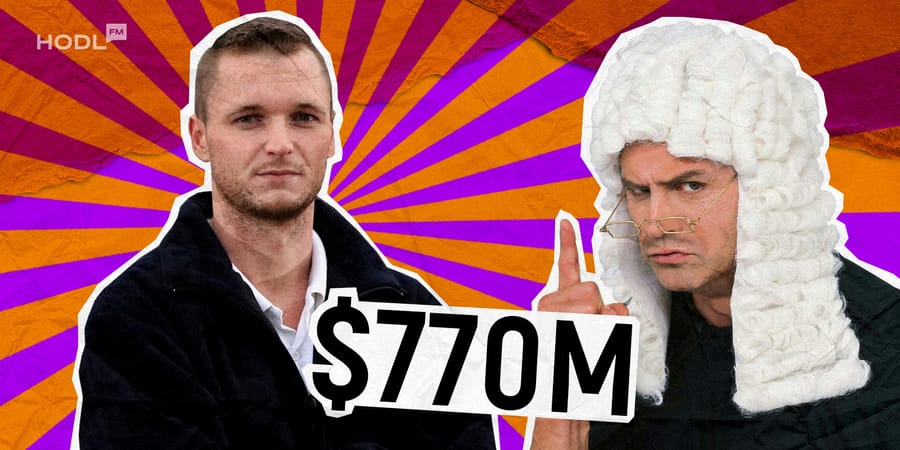A story of loss has gripped the world due to the staggering value of the missing funds — now exceeding $770 million. British engineer James Howells accidentally lost a hard drive containing 8,000 Bitcoin, turning his misfortune into a cautionary tale for the crypto community.
The Costly Mistake
In 2009, as Bitcoin emerged, James Howells, an early believer in cryptocurrency, mined 8,000 BTC. At the time, these digital assets held little to no monetary value.
Read also: What is a Cloud Crypto Mining?
However, in 2013, a fateful event occurred: Howells’ former partner mistakenly threw away the hard drive containing the private keys to his Bitcoin wallet. Bitcoin was worth just $13 per coin back then, so the loss didn’t seem catastrophic.
Fast forward to January 2025, when Bitcoin’s value had skyrocketed to $94,600 per coin. The stakes of Howells’ lost treasure had grown astronomically.
Since 2013, Howells has made relentless efforts to recover the hard drive, repeatedly appealing to the Newport City Council for permission to search the landfill where he believes the drive is buried. To incentivize local authorities, Howells offered to share the recovered funds, pledging a portion for municipal projects.
Despite his proposals, the council consistently denied his requests, citing environmental and logistical concerns. According to officials, excavating the landfill would cause significant ecological damage and violate existing environmental permits. Moreover, they maintained that any items discarded at the landfill automatically become the property of the council.
The Legal Battle and Its Conclusion
James Howells filed a lawsuit seeking permission to dig up the landfill or compensation for his lost property. Throughout the dispute, he also accused the council of environmental violations, alleging the improper disposal of hazardous materials like arsenic, asbestos, and methane gases at the site. He submitted over 100 independently verified pieces of evidence supporting his claims, but these did not sway the council’s stance.
Ultimately, his efforts were in vain. In January 2025, Judge Keyser dismissed the case, citing a lack of "realistic prospects" for success in a full trial.
Newport Council succeeds in having claim dismissed involving attempt by claimant to recover hard drive containing key to Bitcoin (allegedly worth over £600m) accidentally sent to landfill in 2013 https://t.co/7Up3LCgbAI
— James Lee (@jamessflee) January 9, 2025
The judge likened searching for the hard drive to finding a needle in a haystack, deeming it impractical. This ruling marked the end of Howells’ 12-year legal battle. However, the court did acknowledge Howells’ ownership of the Bitcoin on the drive, allowing him to explore alternative monetization strategies, such as tokenizing his assets.
Lessons for the Future
The loss of a $770 million hard drive is another reminder of the importance of developing infrastructure to store digital assets securely. Modern solutions like digital wallets with backup and security features have become essential for cryptocurrency owners.
As an alternative to securing physical data storage, you can use cloud platforms or multi-wallet systems, which can significantly reduce the risks. Such platforms offer automatic backups, device synchronization, and secure storage, helping to prevent disasters.
Despite his setbacks, James Howells remains a symbol of perseverance. His story serves as a lesson to investors about the importance of safeguarding digital assets and highlights how technological errors can lead to multimillion-dollar losses.

Disclaimer: All materials on this site are for informational purposes only. None of the material should be interpreted as investment advice. Please note that despite the nature of much of the material created and hosted on this website, HODL FM is not a financial reference resource and the opinions of authors and other contributors are their own and should not be taken as financial advice. If you require advice of this sort, HODL FM strongly recommends contacting a qualified industry professional.





